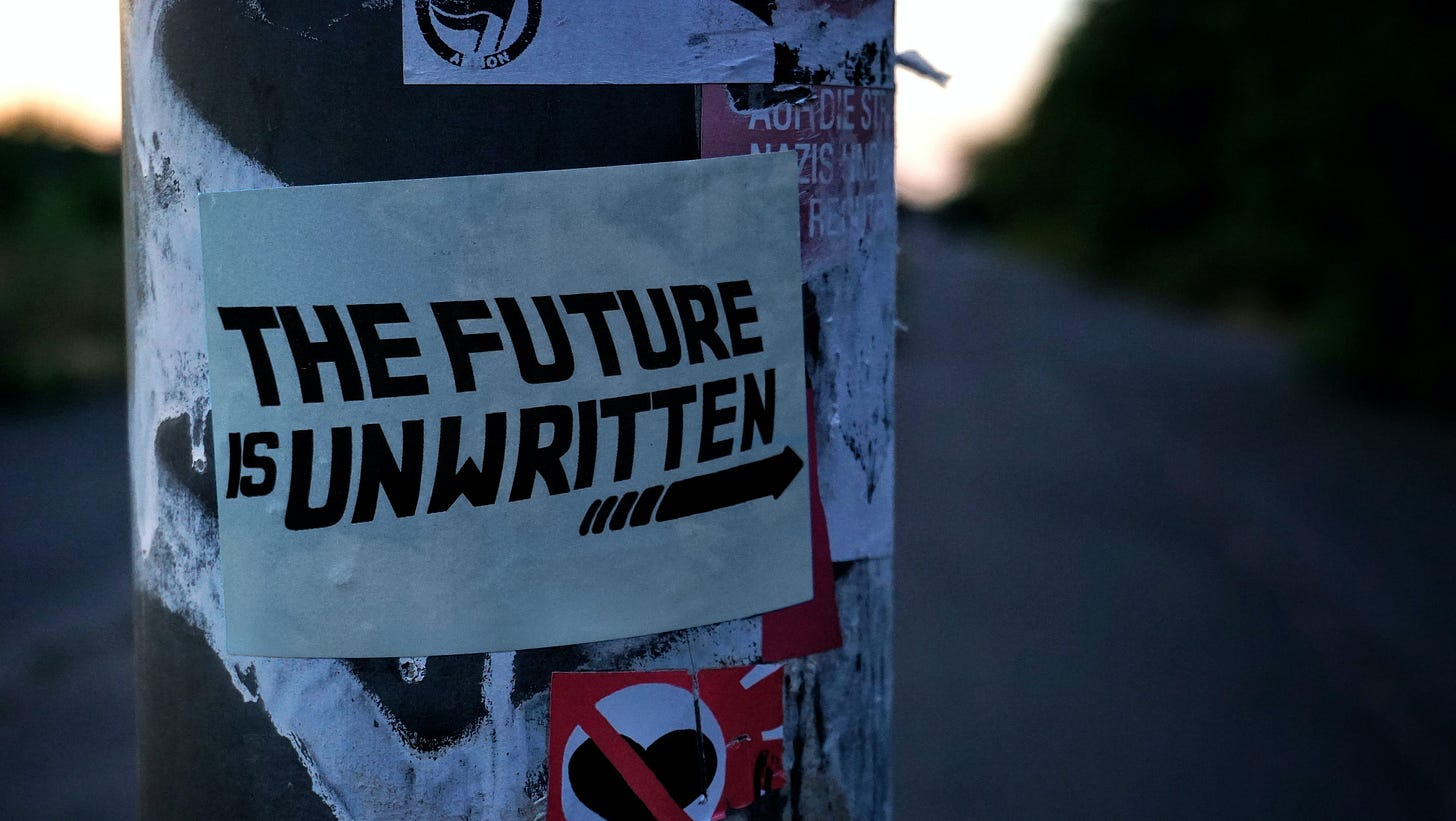The rise of new agents: The economy of algorithms
Remember the “old” economy, where large corporations were the most important contributors? And how a “new” economy — the economy of people — has emerged? The economy of people has given individuals unprecedented opportunities to participate in global value creation and exchange. While we marvel at the economy of people, another economy, the economy of algorithms is emerging. In this new economy, algorithms and devices controlled by algorithms are becoming economic agents. They create economic value, often without any human or corporate intervention.
Read more here: Why you should care about the rising economy of algorithms

The rise of superpowered humans: Human after all
More and more organisations are trying to identify tasks that are currently performed by humans but should not be. These automated tasks need to be then orchestrated, and that’s where often humans play a crucial role. Introducing human-machine collaboration will not only provide better outcomes of existing processes but inevitably enable new value propositions too.
In this ongoing race for efficiency, organisations need to look for opportunities to team up humans with machines (algorithms or robots). This search for opportunities could involve reviewing your current business processes and finding steps to remove, automate, and enhance them. Where algorithms start to outperform humans — for instance in pattern recognition, data analytics or structured data management — they need to be hired there. Where humans are still better than machines — for example in creativity, inductive and deductive thinking or structured problem solving — more focus need to be put on having humans do these tasks. If you do it well, you will grow your business, not just automate it.
Read more about the future of our work here: Work: the future is already here

The rise of digital awareness
For what they’re worth, all the privacy breaches, abuses of power by digital giants, have led to a very interesting outcome: an average participant of the digital economy has become very aware of some of the potential challenges. Cambridge Analytica, the mortal machine, or issues related to facial recognition, are topics of conversations at barbecues. New business models become well understood—an average social media user understands why access to services can be free (they’re the product) and recognises models such as mobility-as-a-service. The changing social interactions are on the agenda too. Twenty years ago, the digital economy was just a futuristic vision. Today…
We are on a roll.
That’s my considered opinion.
On a roll.




